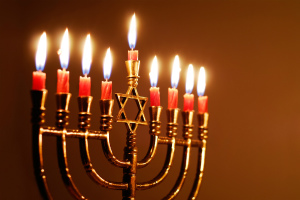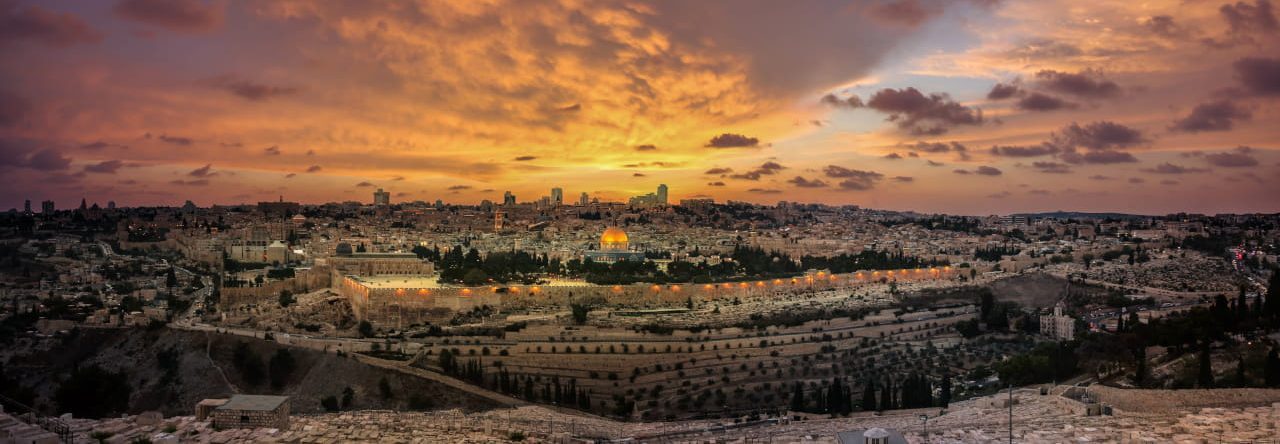 I would never want to challenge tradition. Nor would I ever want to challenge one’s faith. However (spoiler alert!) it is a really good chance that Jesus was not actually born at Christmas! In fact, most of what we know about Christmas is actually based in tradition rather than scripture. But it doesn’t really matter. What is important is that we recognize and celebrate a doctrine that is intensely central to our faith: the incarnation.
I would never want to challenge tradition. Nor would I ever want to challenge one’s faith. However (spoiler alert!) it is a really good chance that Jesus was not actually born at Christmas! In fact, most of what we know about Christmas is actually based in tradition rather than scripture. But it doesn’t really matter. What is important is that we recognize and celebrate a doctrine that is intensely central to our faith: the incarnation.
Some religions believe that the gods have become man many times throughout the centuries. Some religions believe that gods could, or, would never become humans. But we know from scripture that God had a plan throughout the ages to come to earth in human form only once to teach is all truth and to offer himself as the supreme sacrifice for our sins. Next to the crucifixion and resurrection, no doctrine is as important as the incarnation.
Nothing speaks to the incarnation like Chanukah. What Christians refer to as the “400 years of silence” were not silent at all. Two-hundred years before Jesus would enter this world, a horrible ruler by the name of Antiochus Epiphanes would conquer Israel and ransack Jerusalem. Antiochus entered the temple of God and defiled the holy place by offering sacrifices of pigs on the altar. Antiochus covered the walls and utensils of the temple with the blood of pigs. He would remove all of the gold from the temple and set up a statue of himself as he declared to all, “I AM GOD!”
A priest by the name of Matthias and his five sons would rebel against Antiochus and before his death Matthias charged his son, Judah to fight for the sake of the temple. Judah would become renowned for his quick and decisive attacks on the Syrian army, earning the Hebrew name HaMakabi (Macabee), meaning “The Hammer”. Judah would ultimately lead his men into Jerusalem after routing the Syrian army over and over again. He reclaimed the temple, tore down the altars to Zeus, and cleansed the temple. With the gold gone, he forged a menorah and dedicated the temple to the Most High God. The work Chanukah is Hebrew for “dedicate.”
Jesus was celebrating Chanukah in Jerusalem in the winter of 29 AD (John 10). As He was walking in the portico of Solomon at the east end of the temple complex, He was approached by a group of Jews: “How long will You keep us in suspense? If You are the Messiah, tell us plainly,” they asked.
Jesus responded, “I told you, and you do not believe; the works that I do in My Father’s name, these testify of Me…. My sheep hear My voice, and I know them, and they follow Me…. I and the Father are one.”
The scripture goes on to note “the Jews picked up stones again to stone Him.” Why did they want to stone Jesus? Because of the incarnation.
The very feast Chanukah that was being celebrated was commemorating the re-dedication of the temple and the deliverance from Antiochus, the madman who stood in this very temple two-hundred years earlier and declared that he was God. Now Jesus, standing in the temple courtyard echoes the true reality that he and the Father are one: “I am God.”
Maybe it is time for us to escape the trappings of Christmas (or at least what Christmas has become) and return to the traditions of our Messiah to see the fullness of the incarnation. During this Chanukah, may we all remember that God came to earth to become one of us–Emmanuel. Chanukah Sameach (Happy Chanukah)!

